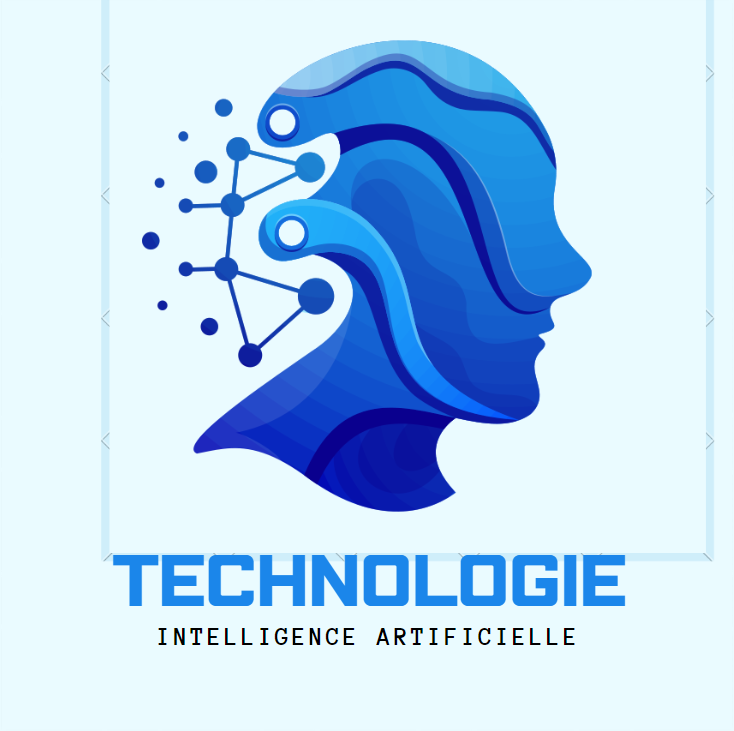ai in supply chain management
In an era defined by rapid technological advancement, the integration of Artificial Intelligence (AI) has emerged as a game-changer in supply chain management. AI offers a plethora of solutions that optimize processes, predict demand, and enhance efficiency throughout the supply chain.
ai in supply chain management
From demand forecasting to inventory management, route optimization, and risk mitigation, AI is revolutionizing traditional supply chain practices. This article explores the transformative impact of AI on supply chain management and the myriad benefits it brings to businesses worldwide.
Supply Chain AI
Supply Chain AI refers to the application of artificial intelligence (AI) technologies to various aspects of supply chain management. It encompasses a range of AI-powered solutions that optimize processes, predict demand, improve efficiency, and reduce costs throughout the supply chain. Supply Chain AI includes:demand forecasting,inventory management,route optimization,supply chain risk management,real-time tracking and tracing,supplier relationship management.
in challenges?
AI can solve many supply chain challenges by optimizing processes, predicting demand, improving efficiency, and reducing costs. Some specific challenges that AI can address include:
- Demand Forecasting: AI algorithms can analyze historical data, market trends, and other relevant factors to predict future demand more accurately.
- Inventory Management: AI-powered systems can optimize inventory levels, reducing excess inventory while ensuring products are available when needed.
- Route Optimization: AI algorithms can analyze data such as traffic patterns, weather conditions, and delivery constraints to optimize delivery routes, reducing transportation costs and improving delivery times.
- Supply Chain Risk Management:AI can identify and mitigate various risks in the supply chain, such as disruptions in the supply of raw materials, geopolitical issues, and natural disasters, by analyzing data in real-time and providing insights to decision-makers.
- Real-time Tracking and Tracing: AI-enabled tracking systems provide real-time visibility into the movement of goods throughout the supply chain, allowing for better monitoring and management of inventory and shipments.
Overall, AI has the potential to significantly improve supply chain efficiency, reduce costs, and enhance customer satisfaction by addressing these and other challenges effectively.
What are the best practices for ai in supply chain?
Certainly! Here are some best practices for implementing AI in supply chain management:
- Data Quality and Integration: Ensure high-quality data from various sources is integrated into the AI system. This includes data from suppliers, customers, inventory, and external factors like weather and market trends.
- Clear Objectives and Use Cases: Define clear objectives and identify specific use cases where AI can add the most value, such as demand forecasting, inventory optimization, or route optimization.
- Collaborative Approach:Foster collaboration between different departments and stakeholders within the organization to ensure the successful implementation and adoption of AI technologies.
- Continuous Improvement: AI models should be continuously monitored, evaluated, and improved to ensure they remain effective over time. This involves refining algorithms, updating data sources, and incorporating feedback from users.
- Change Management: Implement proper change management processes to ensure smooth adoption of AI technologies by employees. This may involve training programs, communication strategies, and incentives to encourage participation.
- Ethical Considerations: Consider the ethical implications of AI in supply chain management, such as data privacy, bias in algorithms, and the impact on employment. Develop policies and guidelines to address these concerns.
- Start Small, Scale Fast: Begin with small pilot projects to test AI applications in specific areas of the supply chain before scaling up. This allows for faster learning, risk mitigation, and optimization of AI solutions.
By following these best practices, organizations can maximize the benefits of AI in supply chain management and drive better business outcomes.
Conclusion:The integration of Artificial Intelligence (AI) in supply chain management has revolutionized traditional practices, offering a wide array of solutions to optimize processes, predict demand, and enhance efficiency throughout the supply chain. From demand forecasting to inventory management, route optimization, and risk mitigation, AI-powered systems have transformed the way businesses manage their supply chains.
